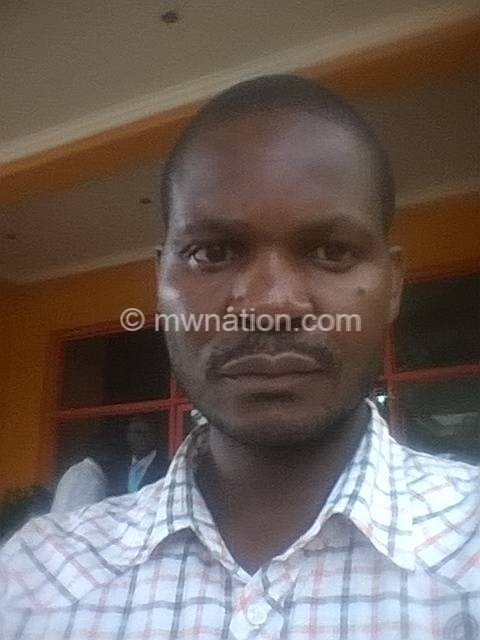National registration staff threaten to down tools
Dust is refusing to settle in the ongoing mass registration exercise spearheaded by the National Registration Bureau (NRB) with the latest being plans by temporary staff to boycott the exercise over what they call low allowances or stipend and poor working conditions.
The supervisors and officers have given a seven day ultimatum to their employer Price Waterhouse Coopers (PWC) to revise their allowances failing which they will lay down tools.

In a letter addressed to PWC and copied to the speaker of the National Assembly, members of Parliament, Ministry of Home Affairs and Internal Security, UNDP, Irish Aid and NRB, over 4500 temporary staff indicated that the K150, 000 (US$206) and K120 000 (US$165) they are getting is far below the cost of living particularly to carter for their basic needs, communication and mobility in the field.
“We are hardworking, patriotic and devoted and we find it disappointing that our dedication is not being awarded. Kindly consider a reasonable and realistic salary review at the earliest possible chance for the job to continue, otherwise we are ready to put our tools down if the increment is not done in time and this will thus jeopardise the registration drive and delay the project implementation,” the statement reads in part.
In an interview Wednesday, one of the representatives Chipiliro Mdala said they did not specify on the amount to give concerned parties a chance to make a decision considering the soaring cost of living.
“We are really struggling, imagine after tax deductions we are taking home about K90 000 (US$124) to K100 000 (US$138). Most of us are sleeping in classrooms because we cannot afford to pay in lodges and our meals are pathetic,” Mdala said.
According to Mdala, the seven days ultimatum starts from today (Thursday).
NRB spokesperson Norman Fulatira confirmed receiving the letter.
Fulatira said government and all partners started discussing the matter sometime back and it is hopeful that the concerns will be resolved soon.
The government of Malawi is contributing 40 percent of the total budget for the exercise, while the remaining 60 percent is being footed by donors.
According to Fulatila the basket fund for the project is being run by UNDP and other project implementers.
PWC was subcontracted to handle the recruitment and welfare of temporary employees in the exercise which will be run in five phases.
The first phase of the exercise currently under way in selected central region districts of Kasungu, Dowa, Ntchisi, Mchinji, Nkhotakota and Salima started from May 24 to July 15 whilst the second phase begins on July 1 in Likoma, Lilongwe, Dedza and Ntcheu.
Recently, members of the national assembly called for the suspension of the exercise citing the enormous irregularities including inadequate stationery, breaking down of equipment and reports that workers are demanding a fee from people to process registration.
Some chiefs have also been reportedly demanding payment for letters of certification.
As if that is not enough, Muslim women are reportedly shunning registration because of what they call unfavorable conditions as they are being asked to remove the hijab before their pictures are taken.
Last week, the United Nations Development Programme (UNDP) said it was considering reviewing remuneration and working conditions for the registration supervisors and officers to incentivise the team.
Speaking on the sidelines of a visit to some registration centres in Salima, UNDP resident coordinator Mia Seppo said she was aware of the concerns and discontent among registration supervisors and officers over pay, with some leaving their duty stations in protest.
She said the UNDP is also considering coming up with bonus payment to reward officers that have performed to their best of capabilities.
According to Minister of Home Affairs and Internal Security Grace Chiumia by last Saturday, slightly over one million Malawians had been registered.
NRB targets to register nine million people by December 2017.





